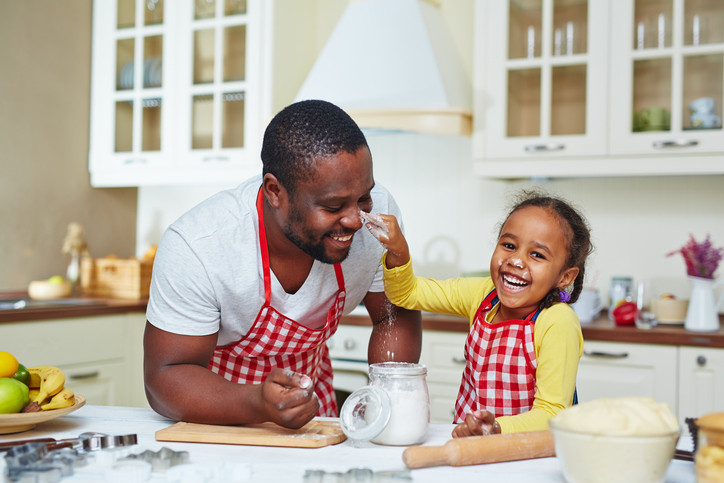By Sage Singleton

Home safety is an important, even life-saving topic that you should teach your children about at an early age. If you educate your children on basic home safety principles when they’re young, the lessons will stick with them for a lifetime.
- Learn to lock a deadbolt. Teach children how to lock and unlock a deadbolt. Let them know that the door should always be locked to keep them safe—even when they’re home. However, it’s important they also know how to unlock it in case of an emergency.
- Arm and disarm the home security system. With more than 5,400 burglaries happening each day, it’s wise to invest in a home security system. Teach your children how to arm and disarm the system and what to do should it go off when they are home or sleeping.
- Memorize the escape plan. Just like how elementary schools conduct fire drills, it’s important to have an emergency escape plan at home as well. Designate a central meeting location and walk each child through the home to show them the safest exit routes in case of an emergency.
- Know important emergency contacts. Post important contact information on the fridge or in an easy-to-access location. Teach young children how to use the phone, dial a number, and ask for help. This list could include contacts such as 911, Poison Control, parents’ cell phones, a family doctor, or a trusted friend or neighbor.
- Be aware of food allergies. If your child has food allergies, explain in simple terms the difference between “safe” and “unsafe” foods. Help them understand that certain foods can make them very sick and they should only accept food from a parent, nanny, grandparent or teacher.
- Never answer the front door. Children should never answer the front door, especially if they are home alone. Tell children to alert an adult when the doorbell rings.
- Practice safe bathtub habits. Children younger than six should always be attended in the bathtub. Teach young children to avoid burns by feeling the water with their hands before they submerge their whole body.
- Put toys away. Show children where to store toys so they don’t trip and fall on scattered toys, or step on sharp objects left on the floor.
- Don’t climb on furniture. Heavy furniture, like TVs, bookshelves and entertainment centers, can tip if children climb on them. You can secure these pieces to the wall studs and add nylon straps to increase security. It’s also important to teach children that climbing on furniture is always dangerous—even if safety measures are in place.
- Don’t play with window coverings. On average, one child dies every month due to strangulation from window coverings. Examine all window coverings and always use cordless ones when possible. Never place cribs or playpens by windows, as children will reach the cords easily.
- Use medicine safely. Store medicine in locked cabinets that are inaccessible to children. However, should children come across any medicine, they need to know never to consume anything unless it’s given to them by a parent or trusted adult.
Young children often imitate the actions and behaviors of their parents and siblings. Practice the safe habits you want them to emulate and they’ll likely mimic your moves.
 Sage is a home and community safety expert for SafeWise. She has written for a variety of audiences ranging from government sites to lifestyle magazines. In her free time, she enjoys wedding planning, traveling and learning French.
Sage is a home and community safety expert for SafeWise. She has written for a variety of audiences ranging from government sites to lifestyle magazines. In her free time, she enjoys wedding planning, traveling and learning French.







